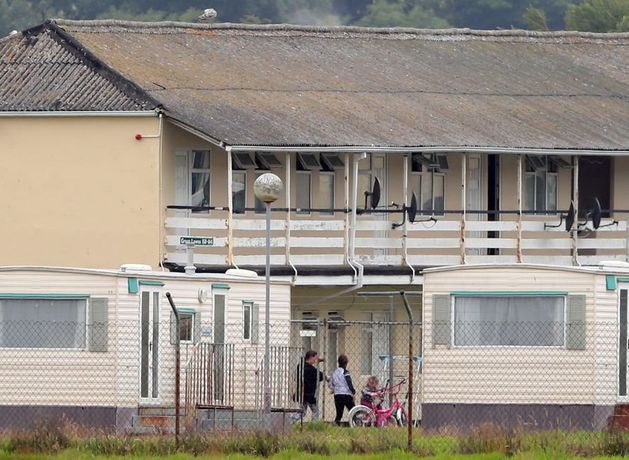Some 77pc of those receiving the Daily Expenses Allowance (DEA) for asylum seekers for the first time in 2022 went on to show employment activity last year.
Out of all new DEA beneficiaries from 2022, 83pc of men and 65pc of women worked in 2024. The 25-44 age group showed the highest level of unemployment activity.
The study looked at those who are in receipt of the DEA, a social welfare benefit available only applicants for international protection living in or waiting to move into International Protection Accommodation Service (IPAS) accommodation.
Although this makes up a “significant subset” of all international protection applicants, the CSO noted that not all applicants are beneficiaries of the DEA.
International protection applicants can work in Ireland if they are granted a Labour Market Access permit, which can be given to them once they have been in Ireland for at least six months.
The waiting period was previously nine months, until it was reduced in 2021.
“This resulting time lag was clearly evident in the data we explored, as the percentage of applicants who entered the labour market increased dramatically in the years after their first year of DEA commencement,” the CSO said.
Employments of less than €500 per annum and those where the duration was less than two weeks in the year were excluded from the CSO’s analysis.
Separate figures published by the CSO last week showed non-Irish nationals, which includes a number of international protection applicants, made up 21pc of employment in Ireland in the second quarter of this year.
The CSO study also found the number of people in receipt of DEA rose above 10,000 for the first time in 2022, when it reached 11,750 people.
That number fell to 10,252 in 2023, before rising again to 17,250 last year.Most beneficiaries of the DEA have been men in every year the CSO reviewed, from 2016 to 2024 – but 2019 had the highest proportion of women at 43pc. In both 2022 and 2023, the figure had fallen to 34pc.
Last year, nearly half of all DEA beneficiaries were aged between 25 and 44, with the next largest cohort of people made up of those aged under 15.
People in the direct provision system awaiting a decision on their asylum application can claim up to €38.80 per week if they are an adult and €29.80 per week for a child.
An increased rate of €113.80 per week for an adult applies where a person has not been provided with accommodation and is on a waiting list for IPAS accommodation.
The payment is also assessed dependent on a person’s income.
Four countries, Nigeria, Jordan, Somalia and Pakistan, had more than 1,000 new people benefiting from the DEA last year. Algeria had more than 1,000 new people in both 2022 and 2023, as did Georgia in 2022.
“Consistent considerable increases” were seen in the number of people from Nigeria, Bangladesh and Pakistan benefiting from the payment from 2022 to 2023, and from 2023 to 2024.
Over the same periods, there were “considerable decreases” from Georgia and Zimbabwe.
There were “close to zero beneficiaries” of the DEA from Jordan or Palestine in 2022, but the figures for both countries saw “substantial increases” in 2024 when they stood at 2,766 and 877 beneficiaries respectively.
